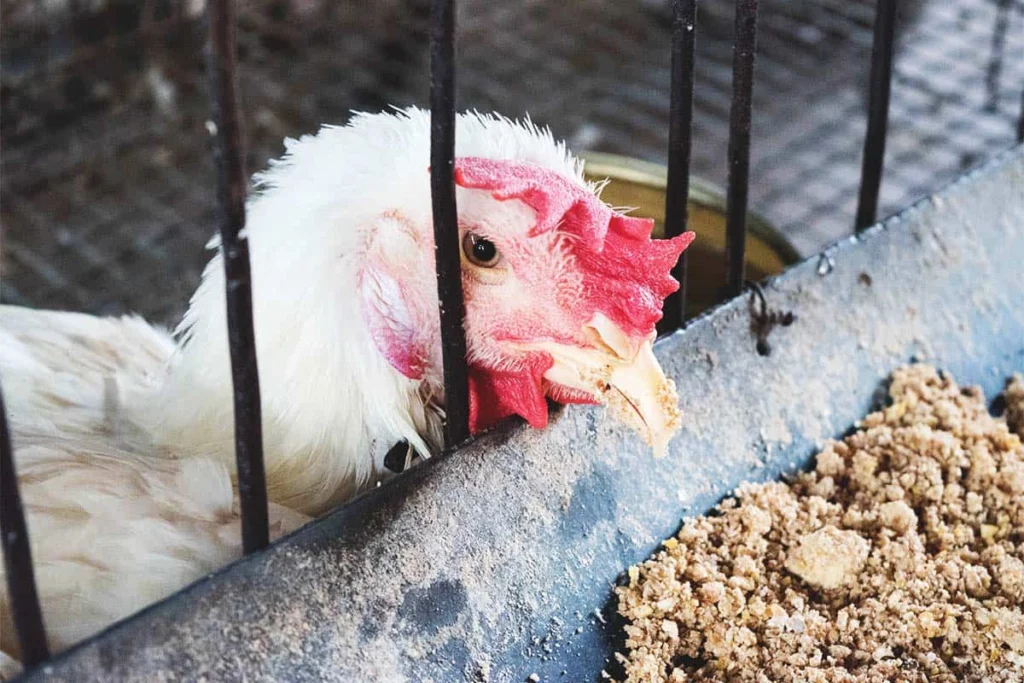Coccidiosis Treatment For Poultry UAE Real Challenges, Real Solutions
Coccidiosis has quietly become one of the biggest threats in poultry farms across the UAE. Whether it’s a small backyard setup in Ajman or a large broiler operation in Al Ain, this silent killer doesn’t discriminate. Caused by protozoa that infect the intestines, coccidiosis spreads fast and hits hard and without proper care, it wipes out birds in days.
As more poultry businesses expand to meet the UAE’s growing demand for chicken and eggs, the importance of effective Coccidiosis Treatment For Poultry UAE keeps growing too.
The Daily Struggle With Coccidiosis
In the UAE, the warm climate and poorly ventilated poultry sheds create a perfect storm for coccidia to spread fast. They grow quickly in damp litter and unclean droppings.
The signs aren’t hard to spot if you’re paying attention droopy birds, bloody stool, decreased feed intake, and sudden weight loss. But the speed at which it takes over is shocking. That’s why Coccidiosis Treatment For Poultry UAE is something every poultry keeper should have on standby.
What Really Works in UAE Conditions?
Let’s not sugarcoat it no two outbreaks are the same. Some farms get hit harder depending on their hygiene levels, bird breed, or even the water supply. But the most reliable treatment options in UAE markets include:
Arolium-based solutions usually mixed with water, good for early stages
Toltrazuril effective and safe, often used for more resistant cases
Sulfa drugs still in use, especially when paired with trimethoprim
Plenty of local suppliers stock these, but success isn’t just about buying the drug. Dosage, timing, and method of administration matter more than people think. That’s why experienced poultry vets in the UAE stress getting a proper diagnosis before jumping into treatment.
Prevention Still Saves You More
No matter how strong your Coccidiosis Treatment for Poultry UAE is, if the litter stays wet, feeders get dirty, and oocysts are allowed to circulate, the disease will return.
Here’s what farms across Dubai, Sharjah, and Ras Al Khaimah are doing right:
Keeping litter dry with good ventilation
Raising feeders and drinkers above floor level
Rotating various anticoccidial drugs helps prevent resistance from developing.
Using gut-friendly bacteria and natural plant extracts to support immunity.
Cleaning and disinfecting equipment regularly
Vaccination is also gaining popularity. Some hatcheries now offer vaccinated chicks, especially for layer farms. It’s not cheap, but it reduces long-term risk.
UAE Suppliers Stepping Up
One big win for poultry keepers in the UAE is the growing number of specialized vet pharmacies and suppliers. They understand local farming challenges and carry treatment solutions suited to the region’s temperature and humidity.
If you walk into any leading livestock pharmacy in Abu Dhabi or Fujairah and ask for Coccidiosis Treatment For Poultry UAE, you’ll find multiple options, both chemical and herbal. Some even offer custom treatment packs based on flock size and breed.
And when you build a long-term relationship with a trusted supplier, you get more than just meds you get advice that works.
The Cost of Ignoring It
Ask any poultry farmer who’s been hit with a serious outbreak the cost isn’t just dead birds. Survivors grow slower, eat more, and give lower meat yield or egg production. Within a week, your feed cost goes up and profits go down.
Waiting too long to act or self-medicating without guidance almost always makes it worse. That’s why timely, proper Coccidiosis Treatment For Poultry UAE is the smarter route. It’s not just about saving birds — it’s about saving your business.
Moving Forward With Smarter Practices
Poultry is a growing part of the UAE’s food future. But to stay profitable, farms must evolve better hygiene, smarter prevention, and quick action when disease hits.
Coccidiosis isn’t going away instantly, but the solutions to manage it are already available. With the right guidance, proper treatment, and regular prevention, your farm can stay protected. Watch your flock closely, keep hygiene a priority, and avoid guessing when it comes to treatment.

